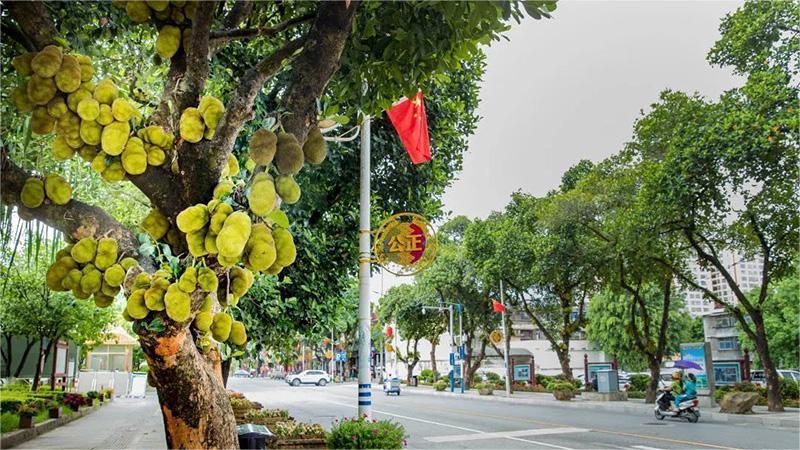Commentary: The Philippines must not become a U.S. pawn to undermine regional security
MANILA, July 13 (Xinhua) -- In recent months, the Philippines, supported by Washington, has fueled tensions in the South China Sea, despite the fact that China has indisputable sovereignty over the Nanhai Zhudao (the South China Sea Islands) and their adjacent waters.
History has shown that Washington's Cold War mentality does not aid in problem-solving but instead worsens issues. Its Cold War toolkit of seeking confrontation and containment will only undermine the stability and prosperity of the Asia-Pacific region.
It was not the first time the Philippines had blindly followed Washington's anti-China agenda. The so-called South China Sea arbitration eight years ago, under the administration of Benigno Aquino III, was far from a genuine legal effort. Instead, it was heavily manipulated by Washington, which has persistently meddled in the region to further its own strategic interests.
This arbitration, deceptively portrayed as an independent initiative by the Philippines, was in reality a meticulously orchestrated maneuver with the United States controlling the proceedings from behind the scenes.
As a non-regional country and a non-party to the South China Sea issue, the United States has displayed elements of Cold War thinking through a series of disruptive actions in the region. In recent years, it has spared no effort to draw in all possible allies to contain China.
One example is setting up targets and fabricating threats based on its own strategic and security needs. In the South China Sea, the United States has consistently portrayed China's legitimate actions within its sovereign territory as a threat to regional stability and even to the international community and has fabricated so-called threats to "freedom of navigation" where none existed.
In 2009, the U.S. government launched the Asia-Pacific rebalancing strategy, which escalated tensions. Furthermore, a deep involvement in the South China Sea has become essential to the country's so-called "Indo-Pacific Strategy."
In April of this year, the Philippines and the United States conducted a 19-day "shoulder to shoulder" joint military exercise in Manila, the capital of the Philippines. This exercise involved over 16,700 military personnel, including 5,000 Filipinos and 11,000 U.S. personnel, making it the largest iteration of the Philippines-U.S. joint drills conducted in decades.
More alarmingly, the U.S. Army also deployed its new Typhon mid-range ground-based missile launcher to the Philippines in April. This marked the first deployment of such a missile system by the United States following its withdrawal from the Intermediate-Range Nuclear Forces Treaty in 2019.
The deployment of such advanced weaponry on foreign soil underscores a broader pattern of American militarism, one that prioritizes strategic dominance over peaceful coexistence.
Despite the Cold War having long ended, U.S. decision-makers are entrenched in an outdated Cold War framework, an "us versus them" mentality, to maintain its status as the sole global superpower and pursue its hegemony. The Philippines must not become a pawn in a dangerous U.S. game to undermine regional security.
Photos
Related Stories
- China urges U.S., Philippines to withdraw Typhon missile system
- U.S. military says destroyed 5 Houthi boats, 3 drones
- 1 dead, 2 missing after helicopter crashes into ocean in U.S. Hawaii: authorities
- U.S.: ‘King of liars' disrupting global fair competition
- U.S. retailers reel as bankruptcies surge amid inflation, high interest rates
- Okinawa assembly protests alleged sexual assaults by U.S. troops
- U.S. sees second-warmest June on record amid heat waves
- Extreme heat causes 460 deaths, 7.7 bln USD losses in California over past decade: report
- U.S. home insurance rates wildly distorted: data
- U.S. bankruptcies in June hit record high since 2020
Copyright © 2024 People's Daily Online. All Rights Reserved.









